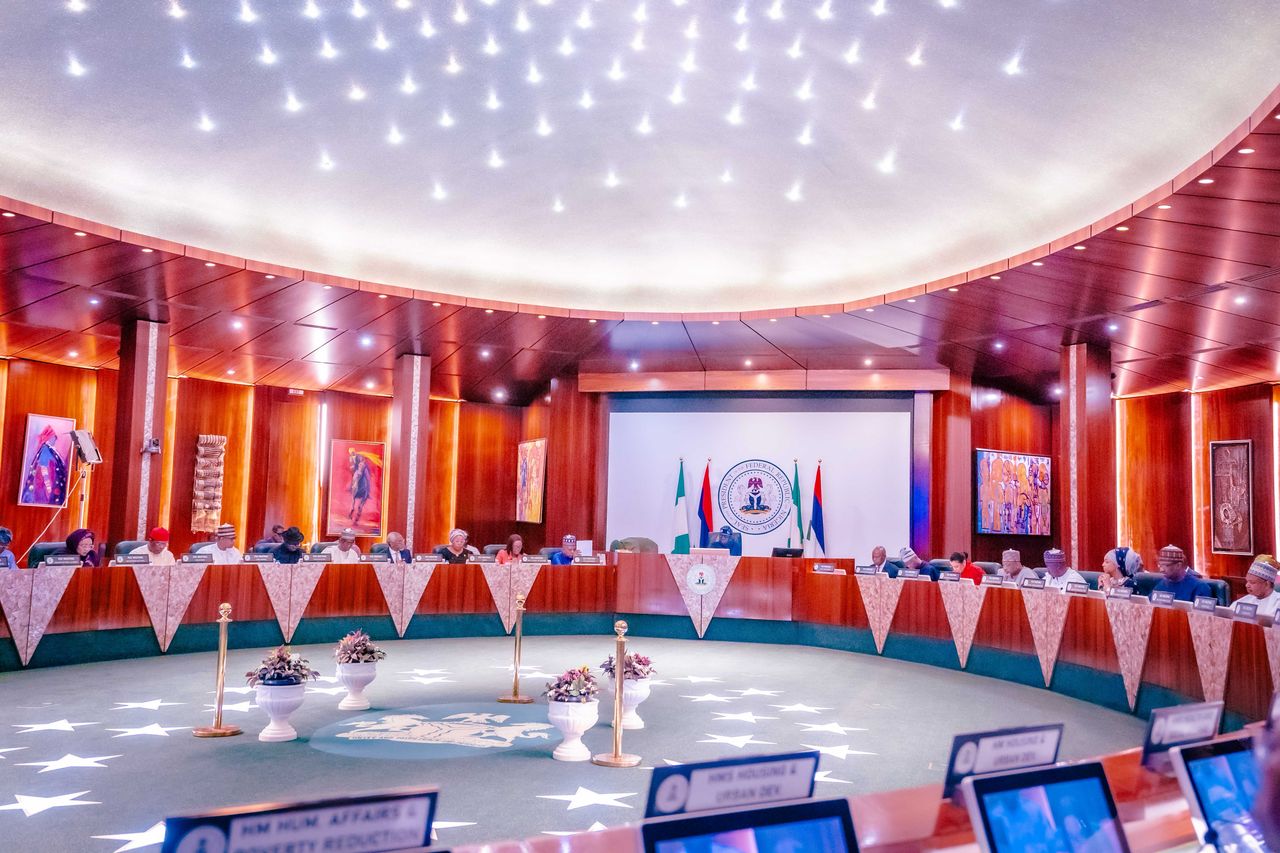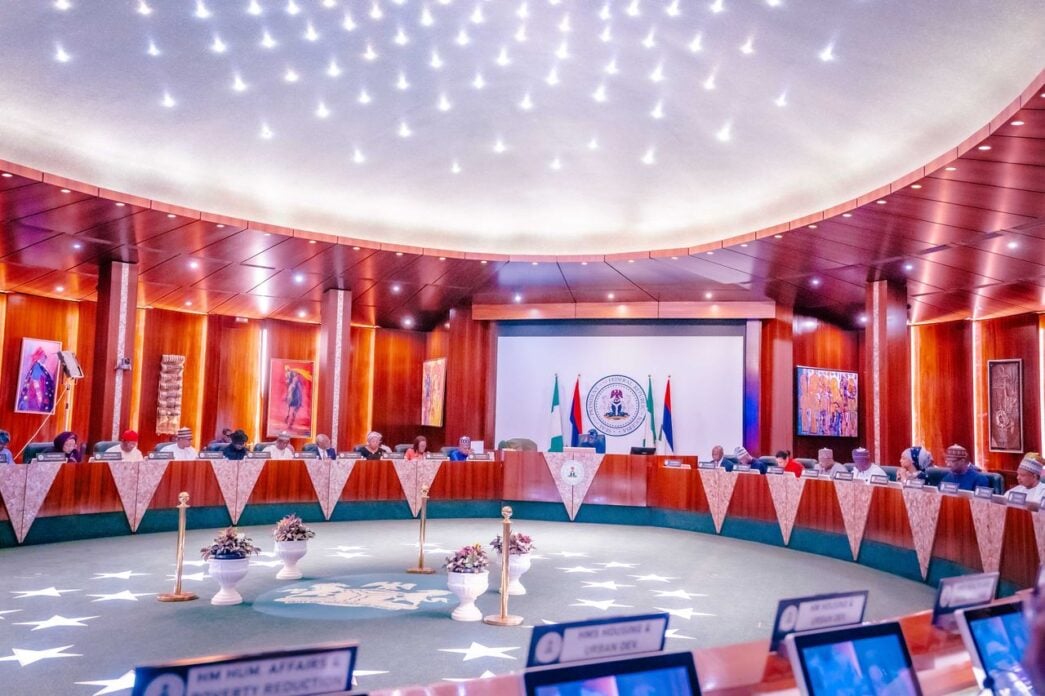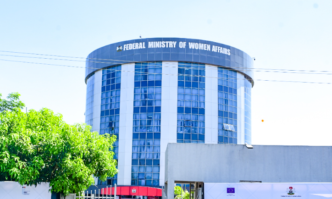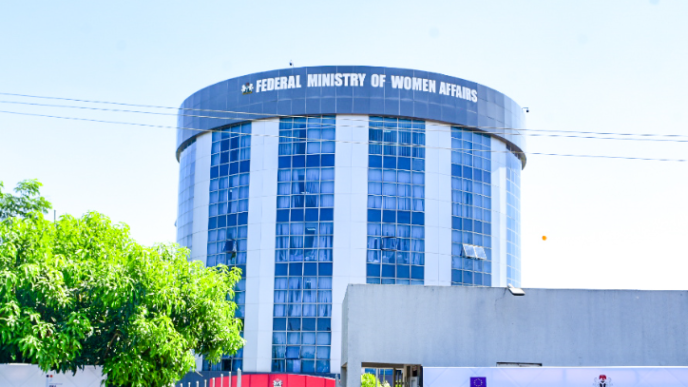A federal executive council meeting | File photo
BY SAFIYA MUSA
The same government that pledged to fully implement the Oronsaye Report – a blueprint for eliminating waste and merging redundant agencies (over 200) is now creating new, overlapping structures like the South- South Development Commission, while the Niger Delta Development Commission (NDDC) still exists (barely functioning, mind you).
What exactly is the difference between the two? Geography? Semantics? Or is this just another vehicle for patronage cloaked as development?
The NDDC, established in 2000, already covers the oil-producing states of the Niger Delta, including the entire south-south. Its mandate remains largely unmet, plagued by corruption allegations, abandoned projects, and poor coordination. Yet, instead of fixing what’s broken, we duplicate dysfunction again.
Advertisement
This isn’t reform. It’s bureaucratic inflation masquerading as progress. It reflects a deep failure to prioritise efficiency, integrity, or even basic follow-through on declared policy goals. We cannot continue to promise reform while padding the system with agencies that serve political interests more than the public good.
So what’s behind the absurdity of these regional commissions?
Honestly? It’s political theatre in the name of development. We already have national agencies tasked with infrastructure, education, health, youth development,
and more. Creating regional commissions adds layers of bureaucracy without solving foundational problems.
Advertisement
Most of these commissions are not designed for impact. They are designed for political reward systems: Chairmen and board members to be “compensated”, contracts awarded without lasting outcomes, and regional power blocs to be appeased.
There’s rarely a clear lifespan, measurable KPIs or sunset clause. These commissions drain public funds indefinitely, even after their relevance fades. Instead of empowering states and local governments with more fiscal and functional responsibility, these commissions centralise inefficiency. True development must be bottom-up, not bloated and top-heavy.
It is peak hypocrisy to claim you’re streamlining governance while simultaneously multiplying agencies with overlapping mandates. That’s not reform. That’s performative governance. We don’t need more commissions. We need competent, transparent execution of what already exists.
Reform must be intentional, not ornamental. Stop creating silos. Start demanding results.
Advertisement
Dr Safiya S. Musa, an economist, peacebuilder, and public affairs commentator with over two decades of experience in finance, leadership development, and policy advocacy, is a Rotary Peace Fellow at Makerere University, Kampala. Musa can be contacted via [email protected]
Views expressed by contributors are strictly personal and not of TheCable.












